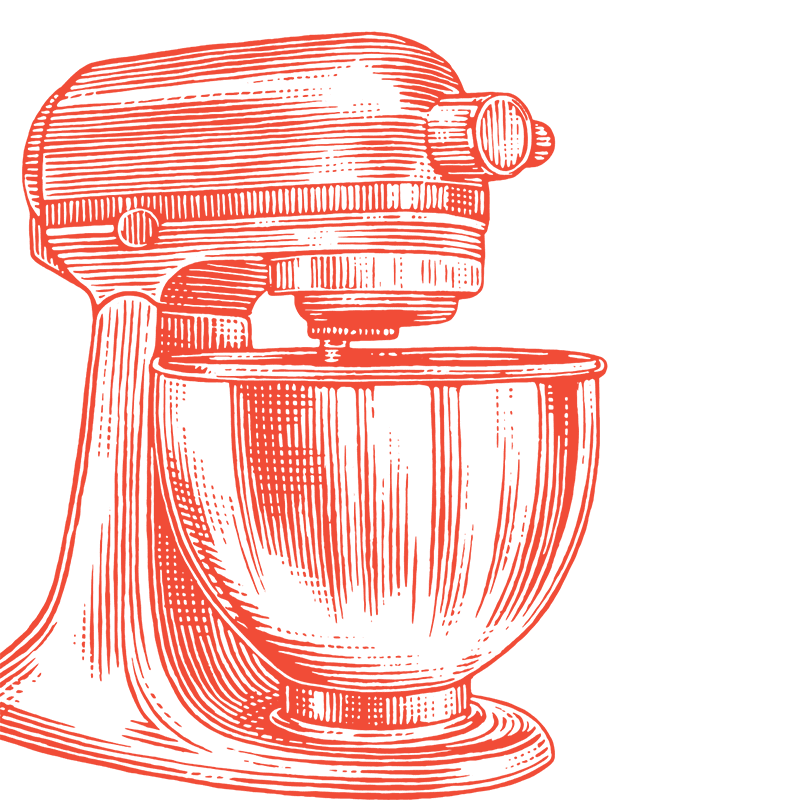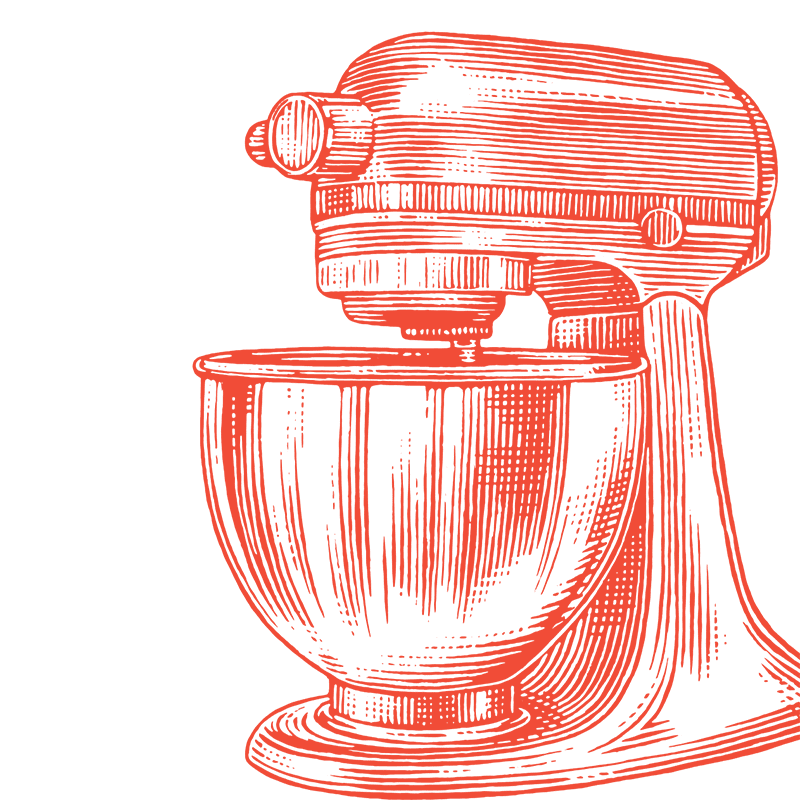Helping Local Producers Connect with Buyers Online (June 16, 2021)
PCC submitted a letter of support for the Bellingham-based Eat Local First (ELF) Collaborative in their application for grant funding from the United States Department of Agriculture (USDA) to develop an online wholesale infrastructure for Washington farms and producers.


